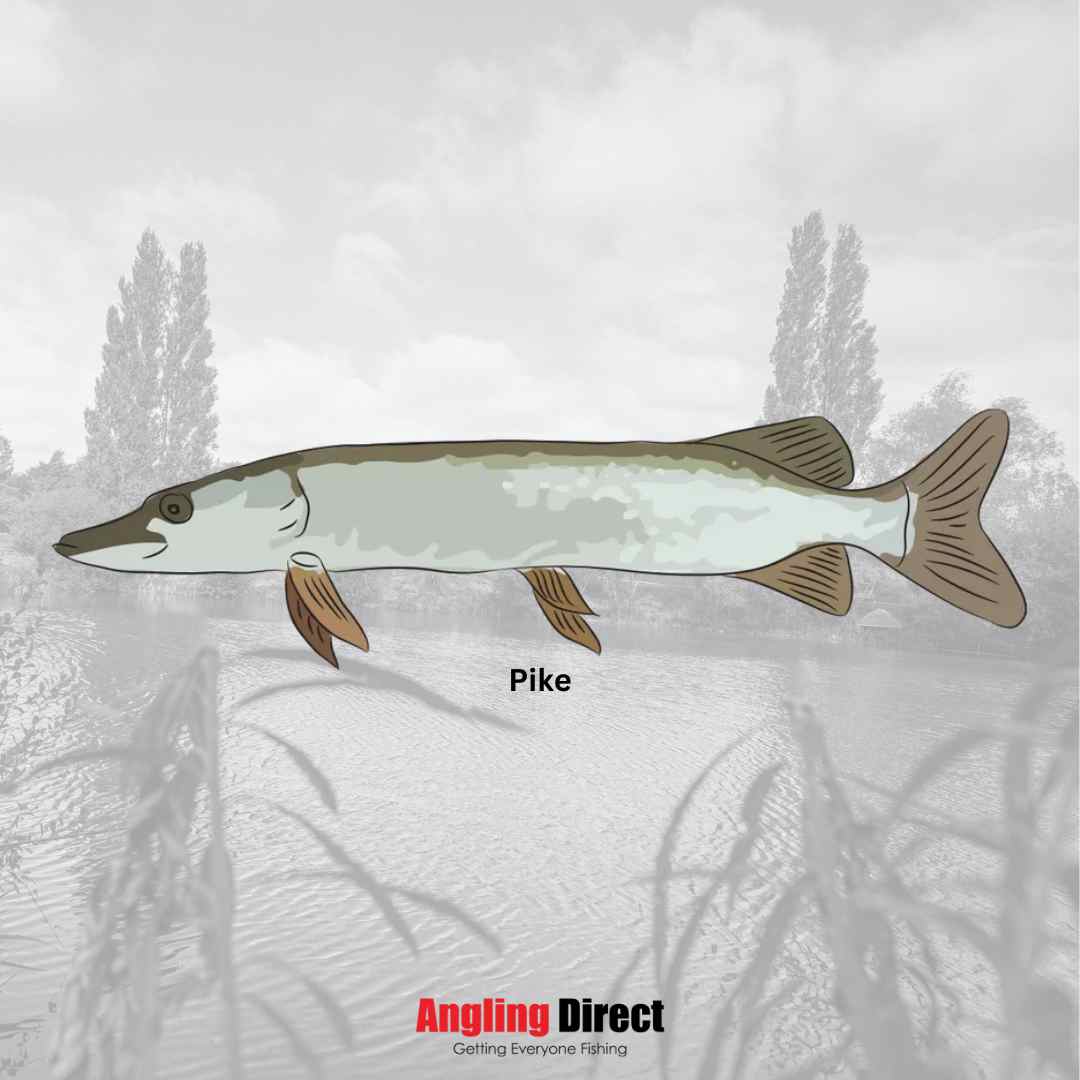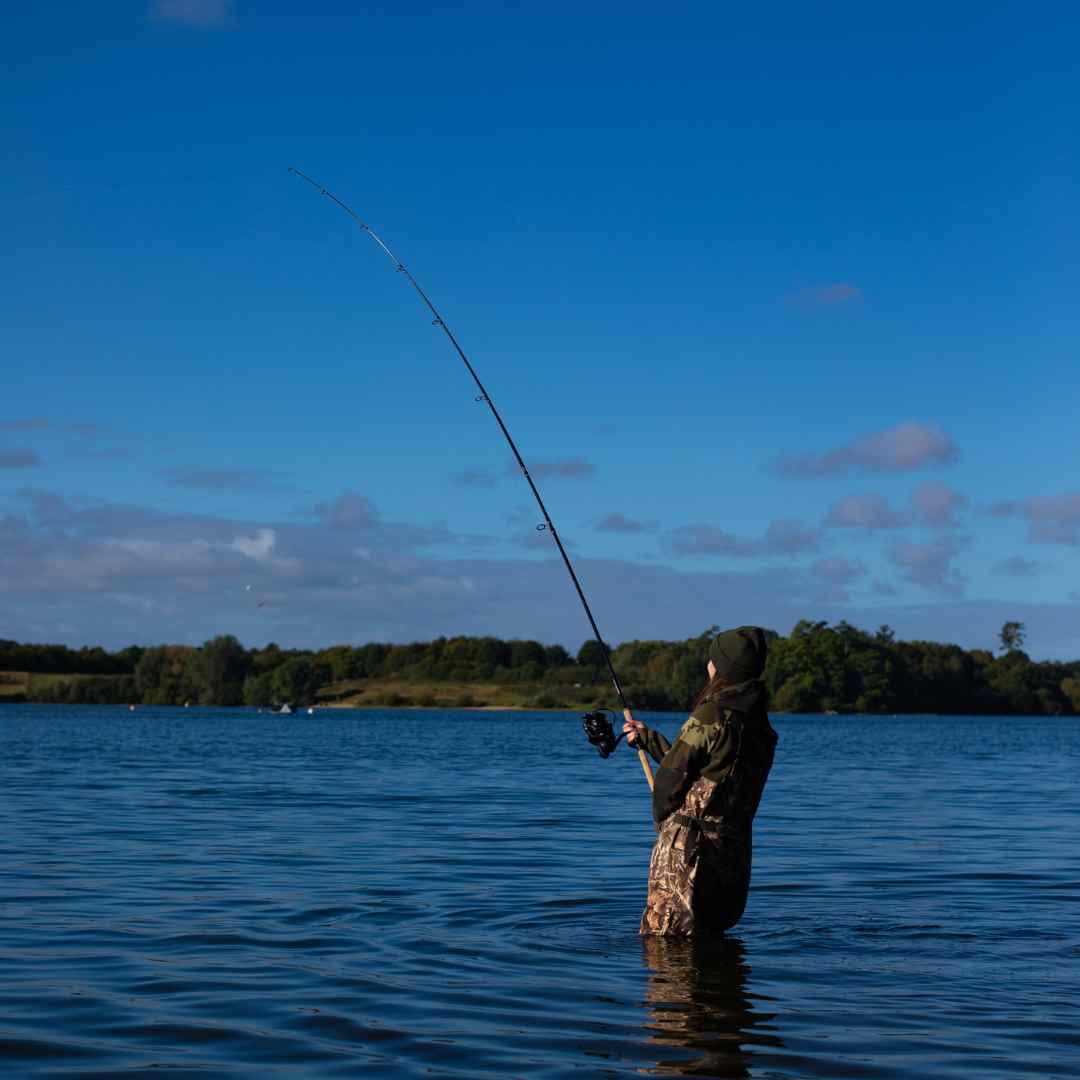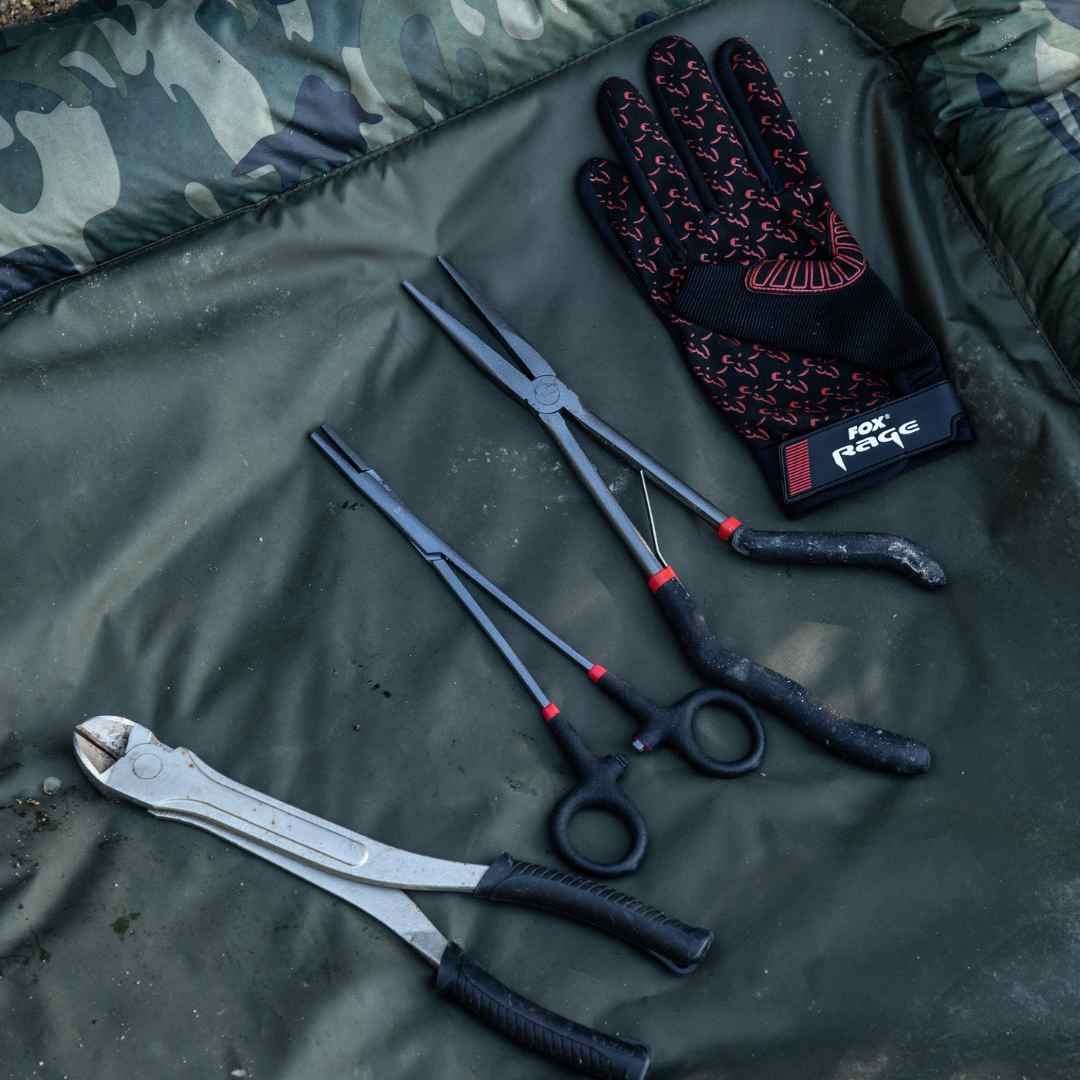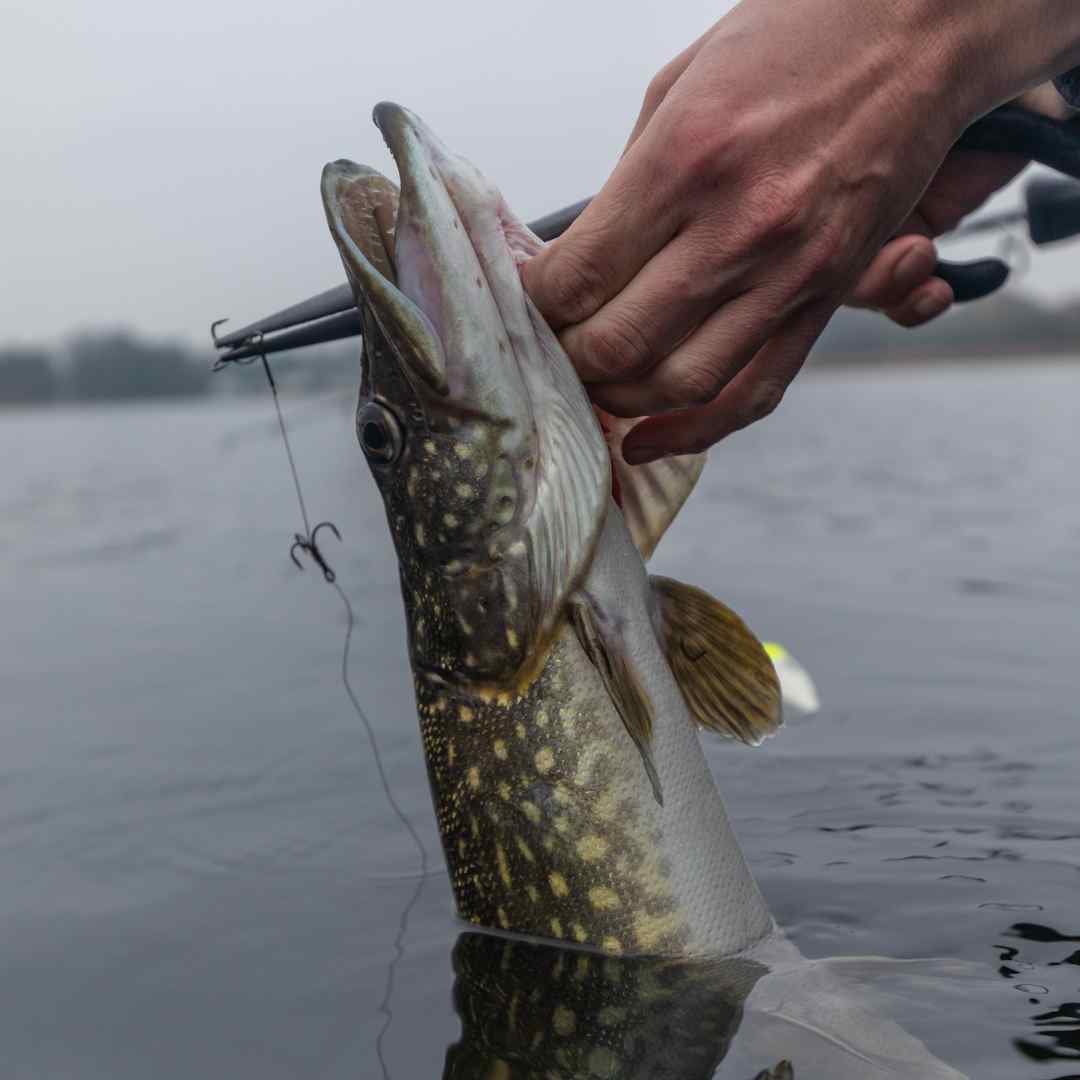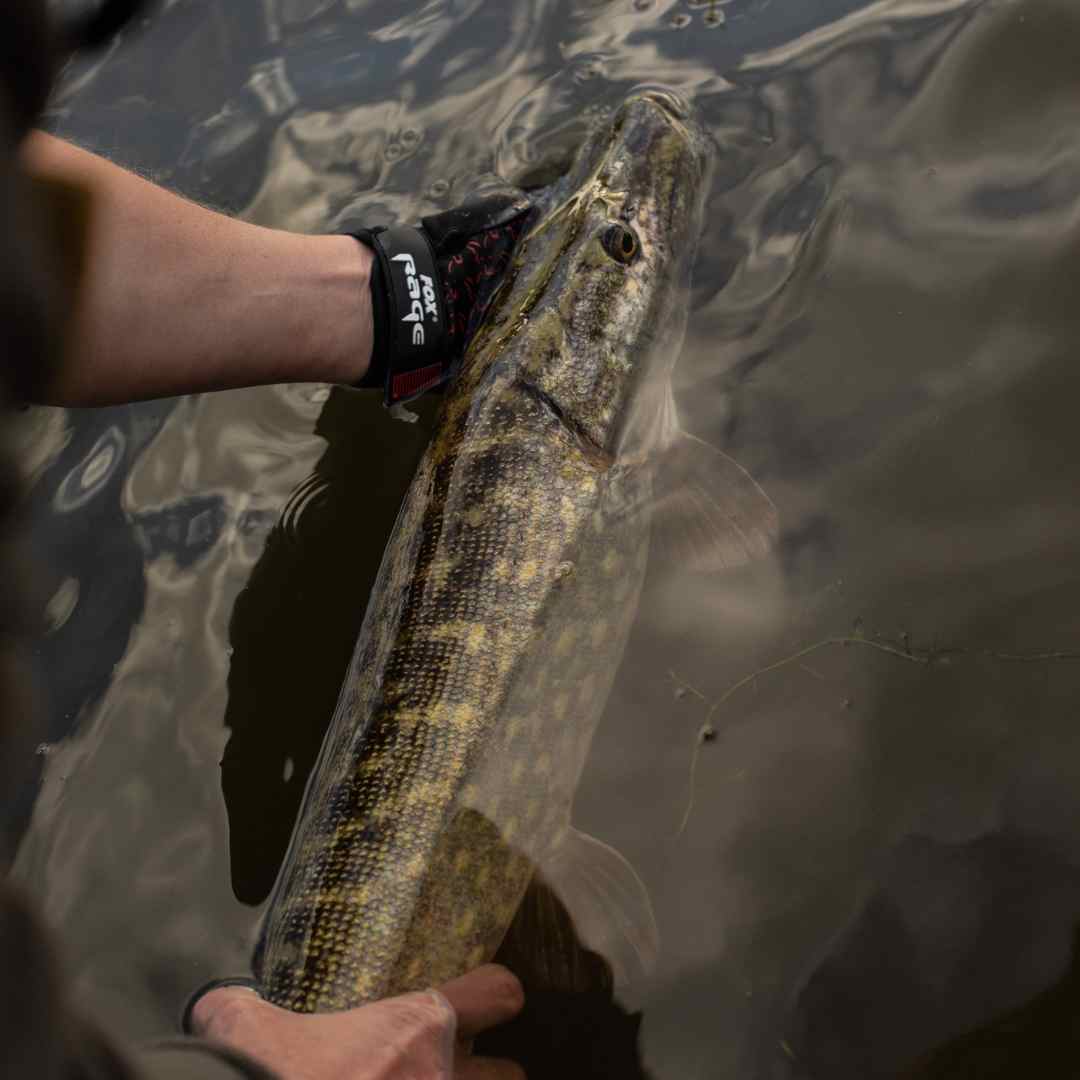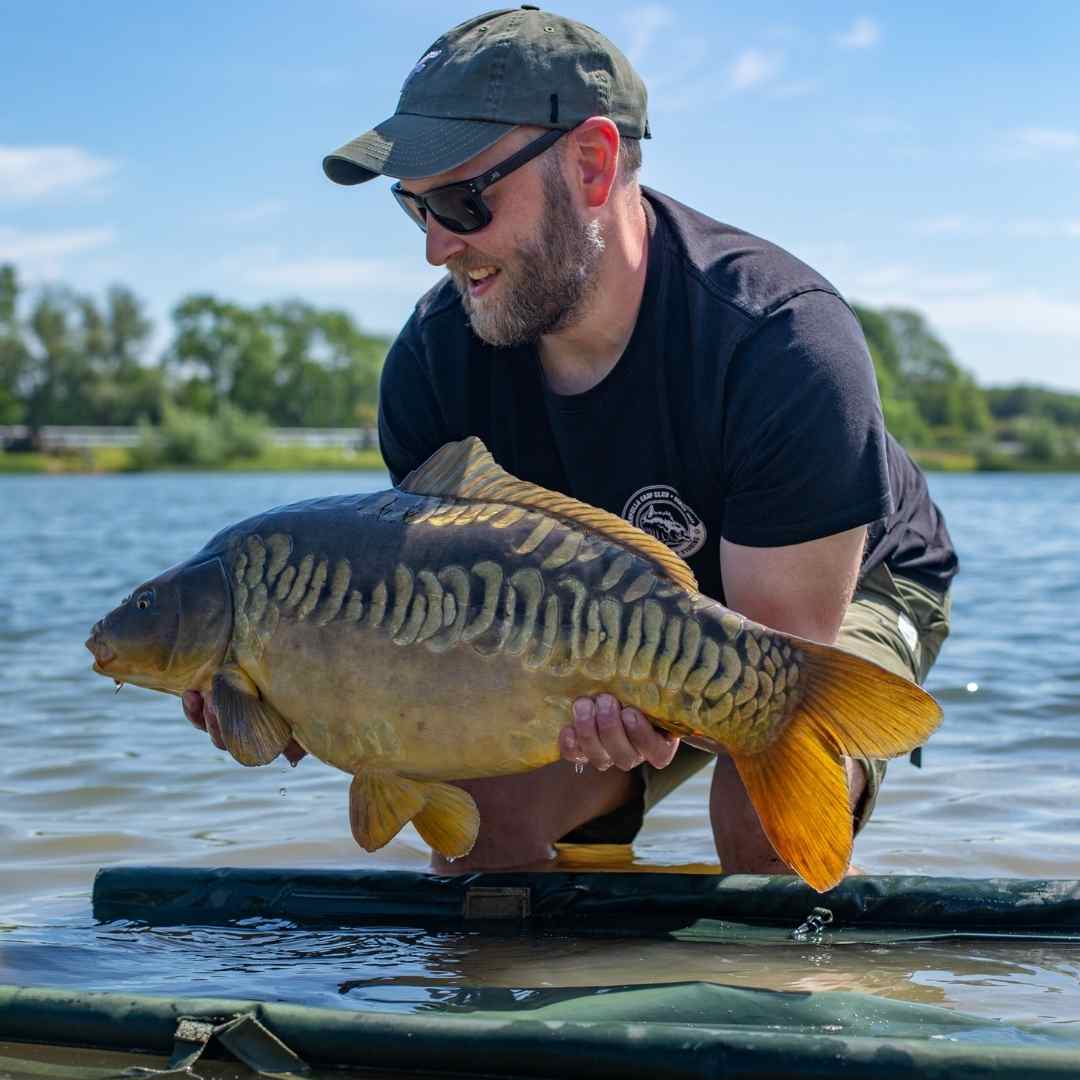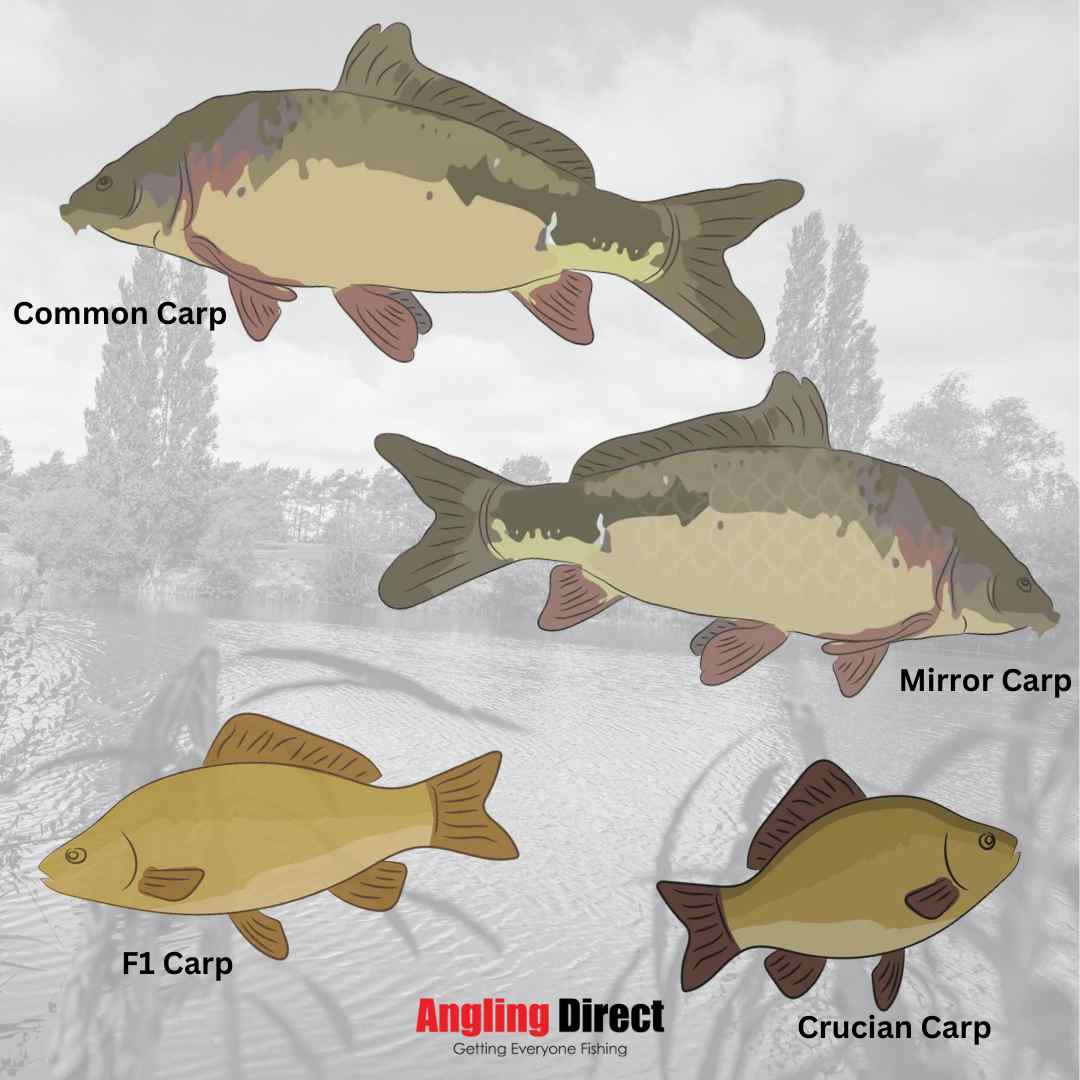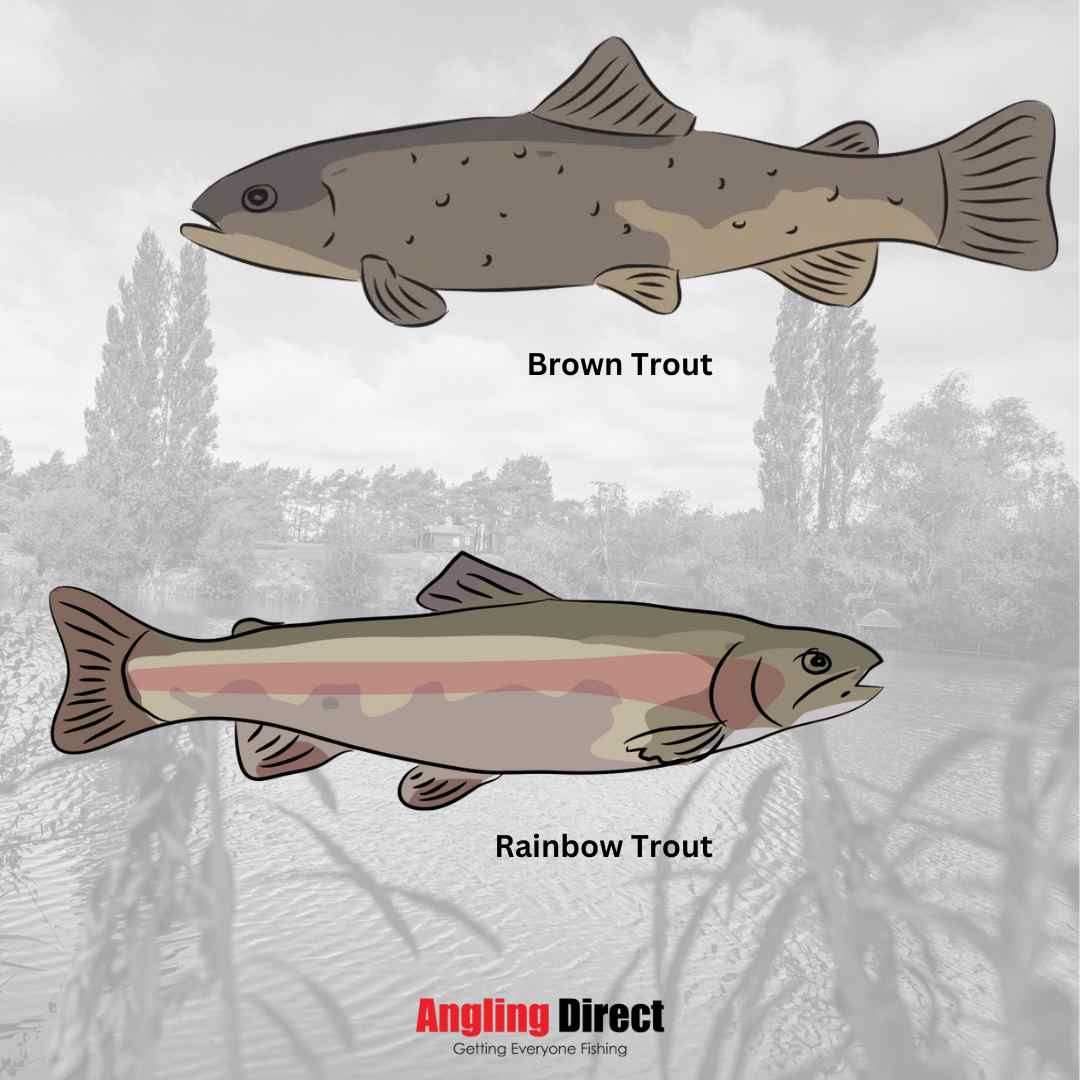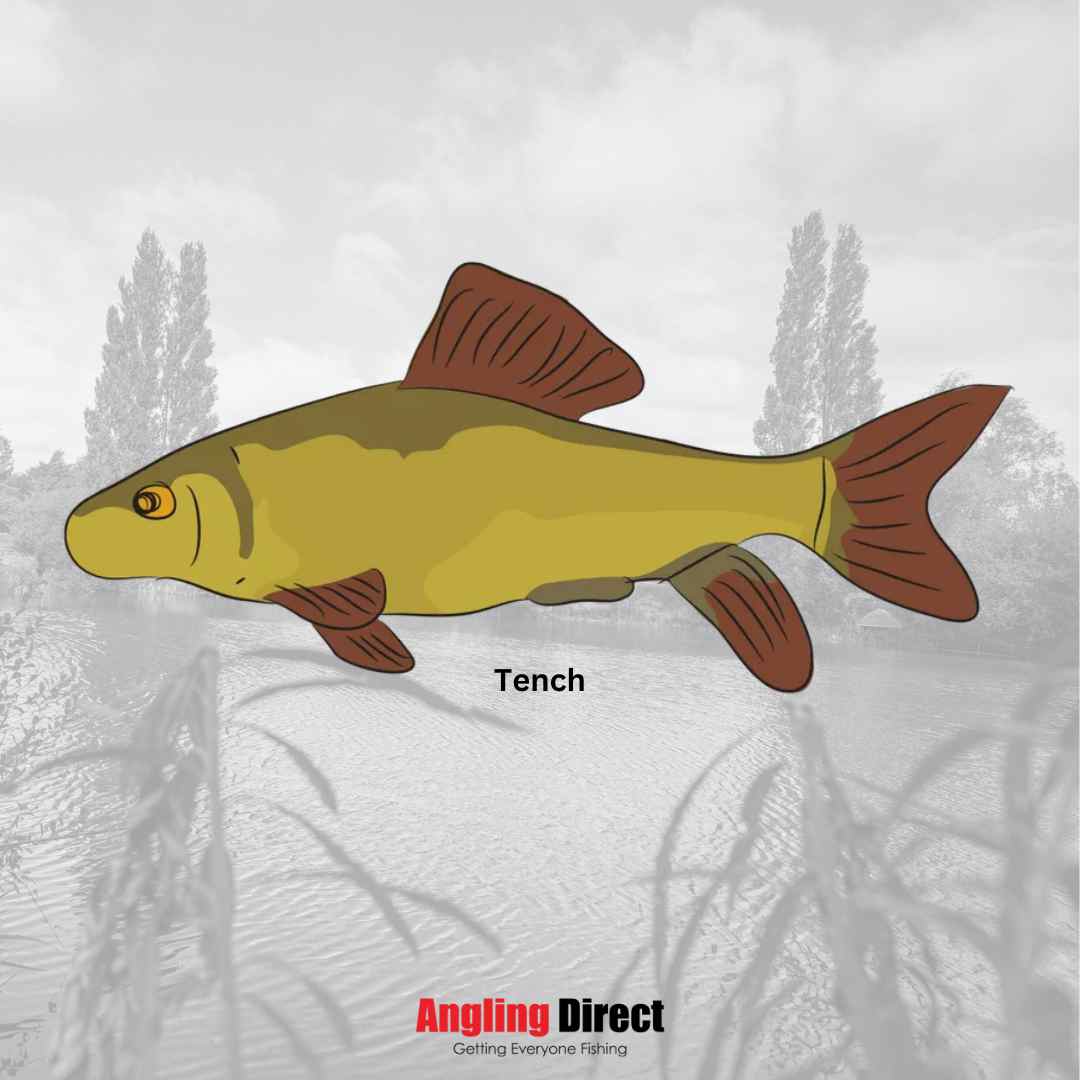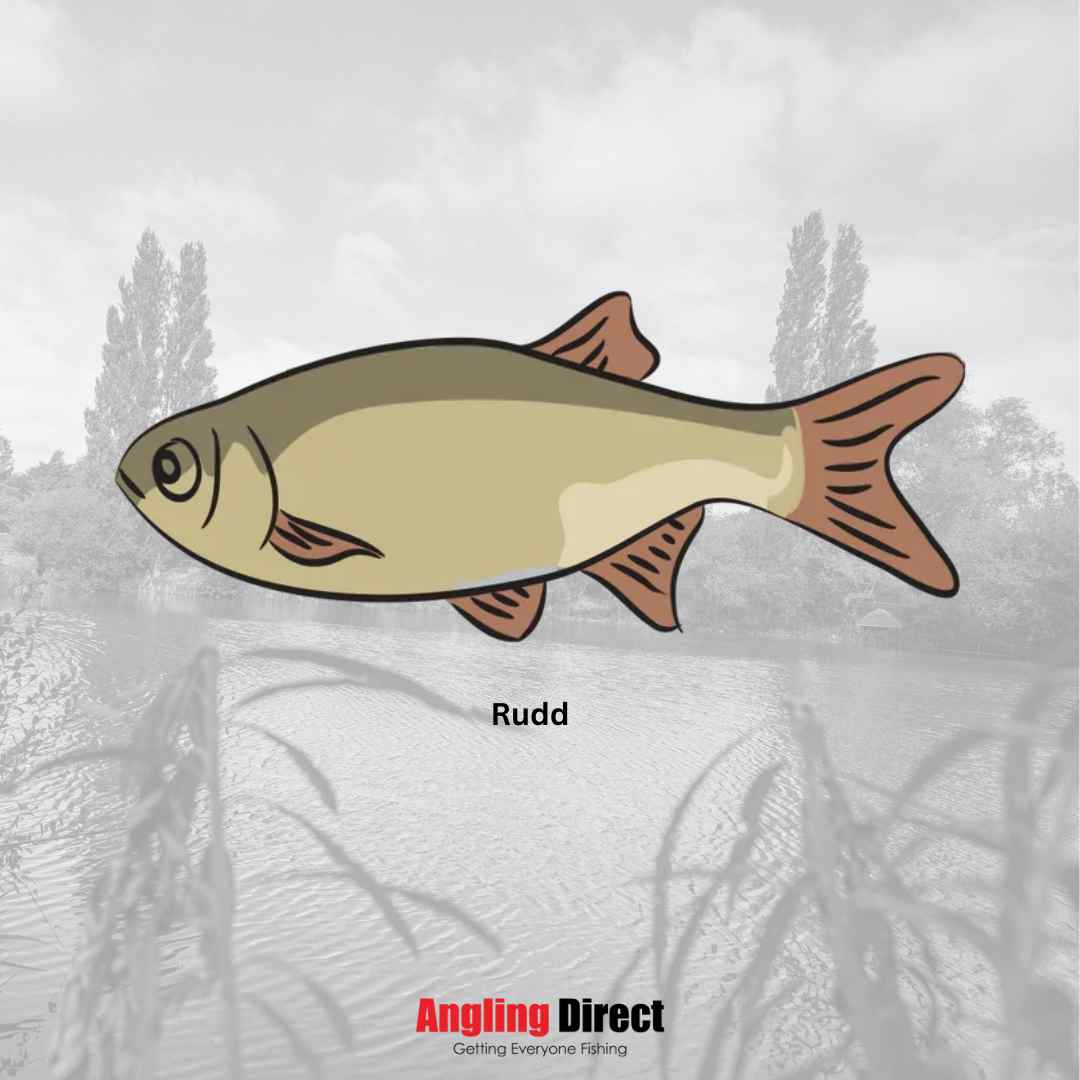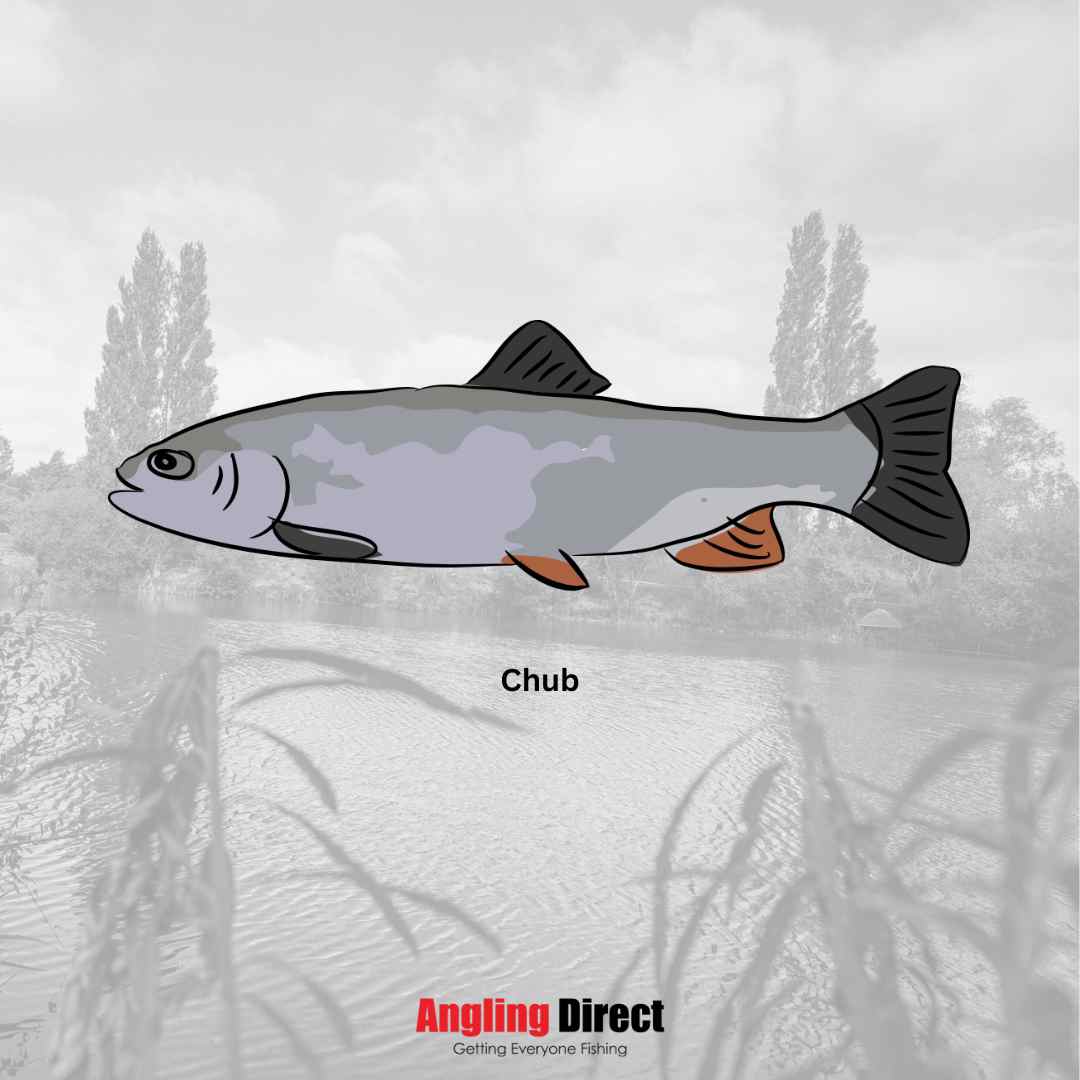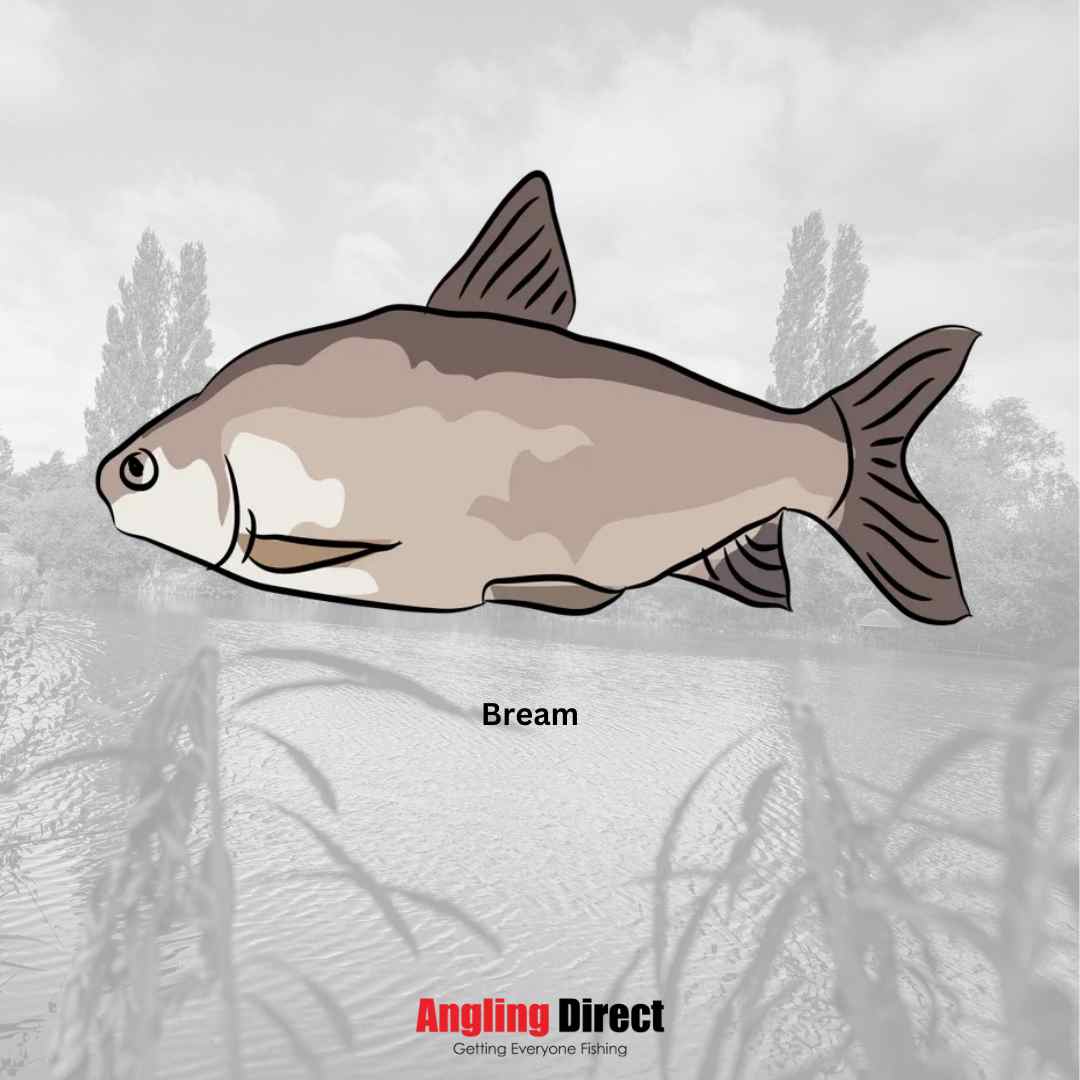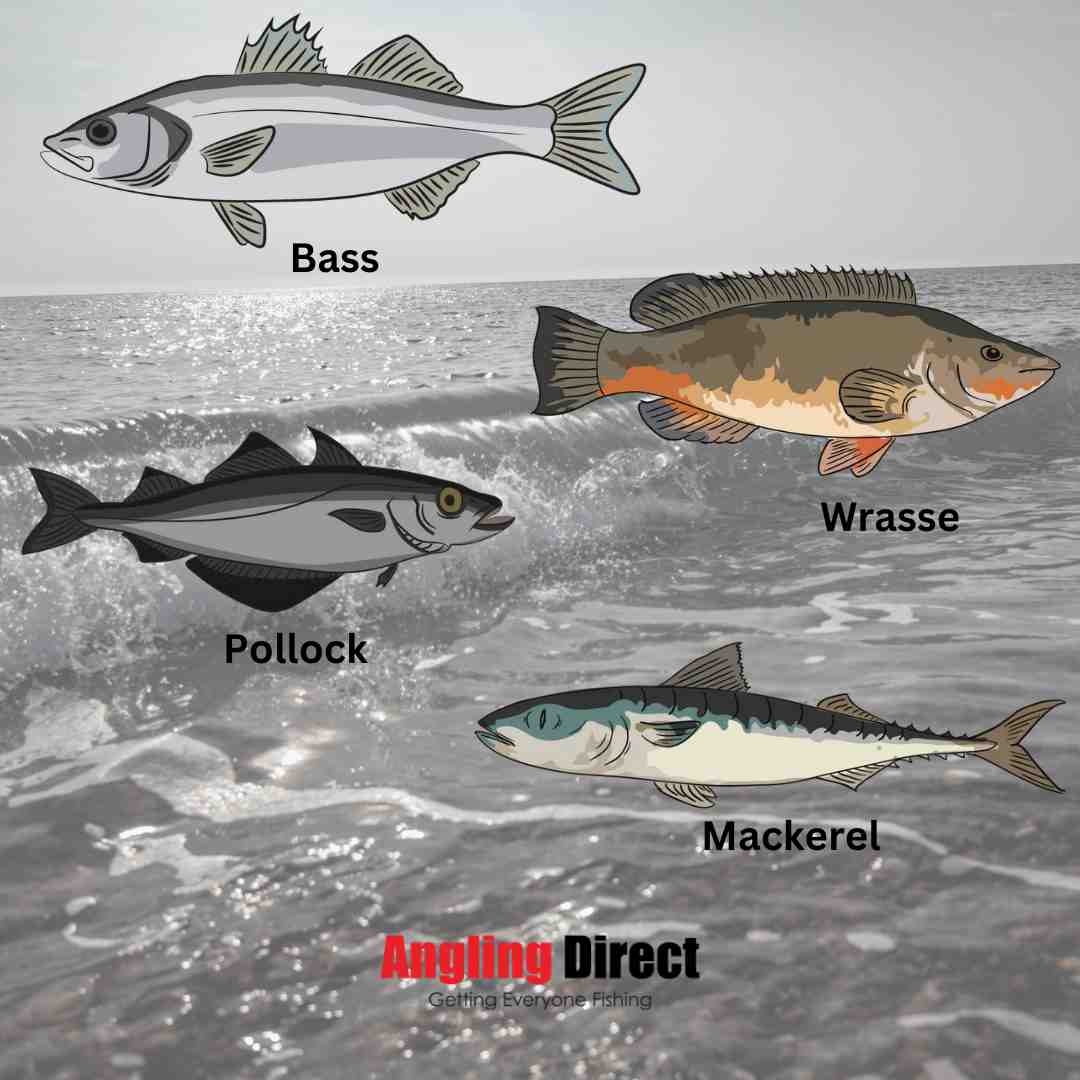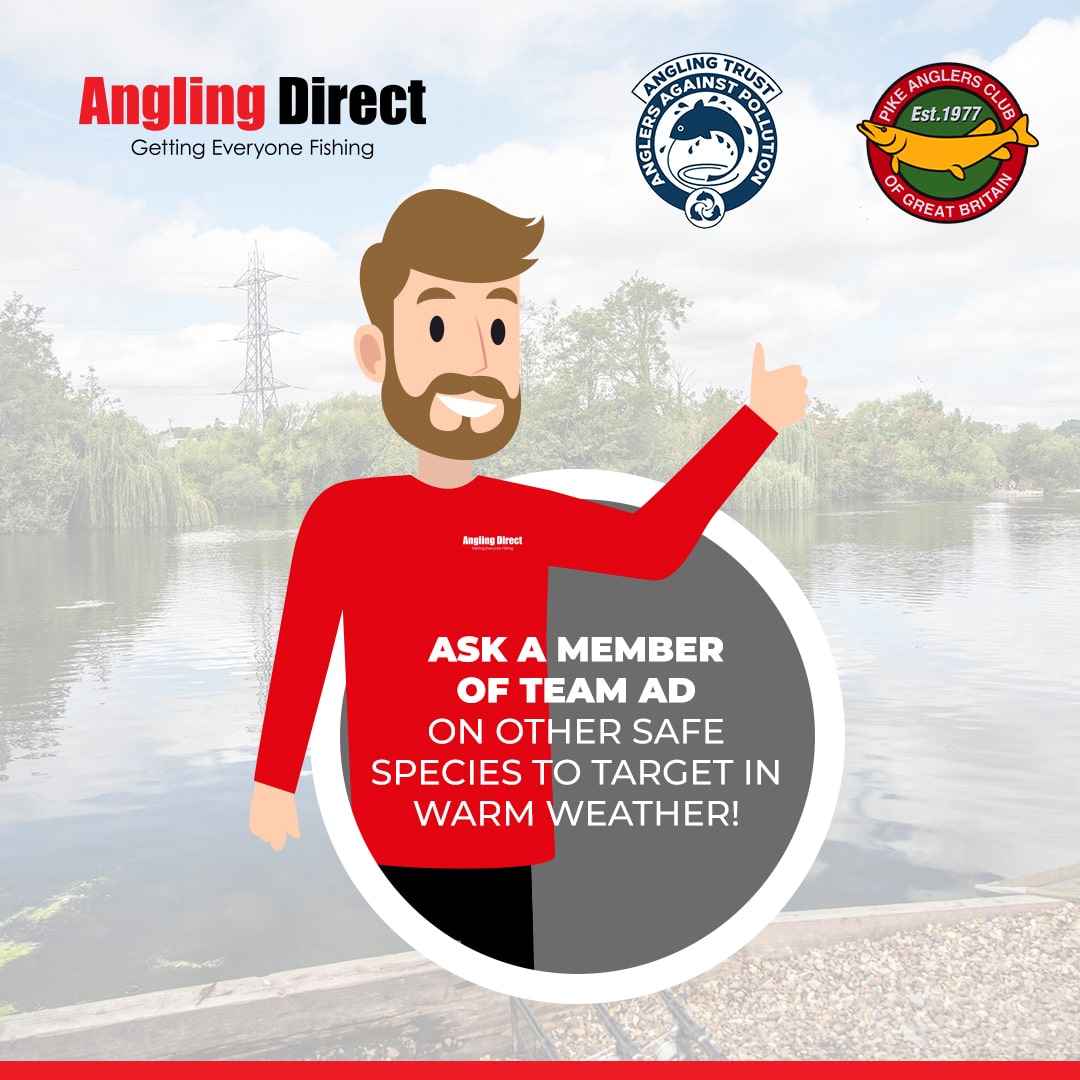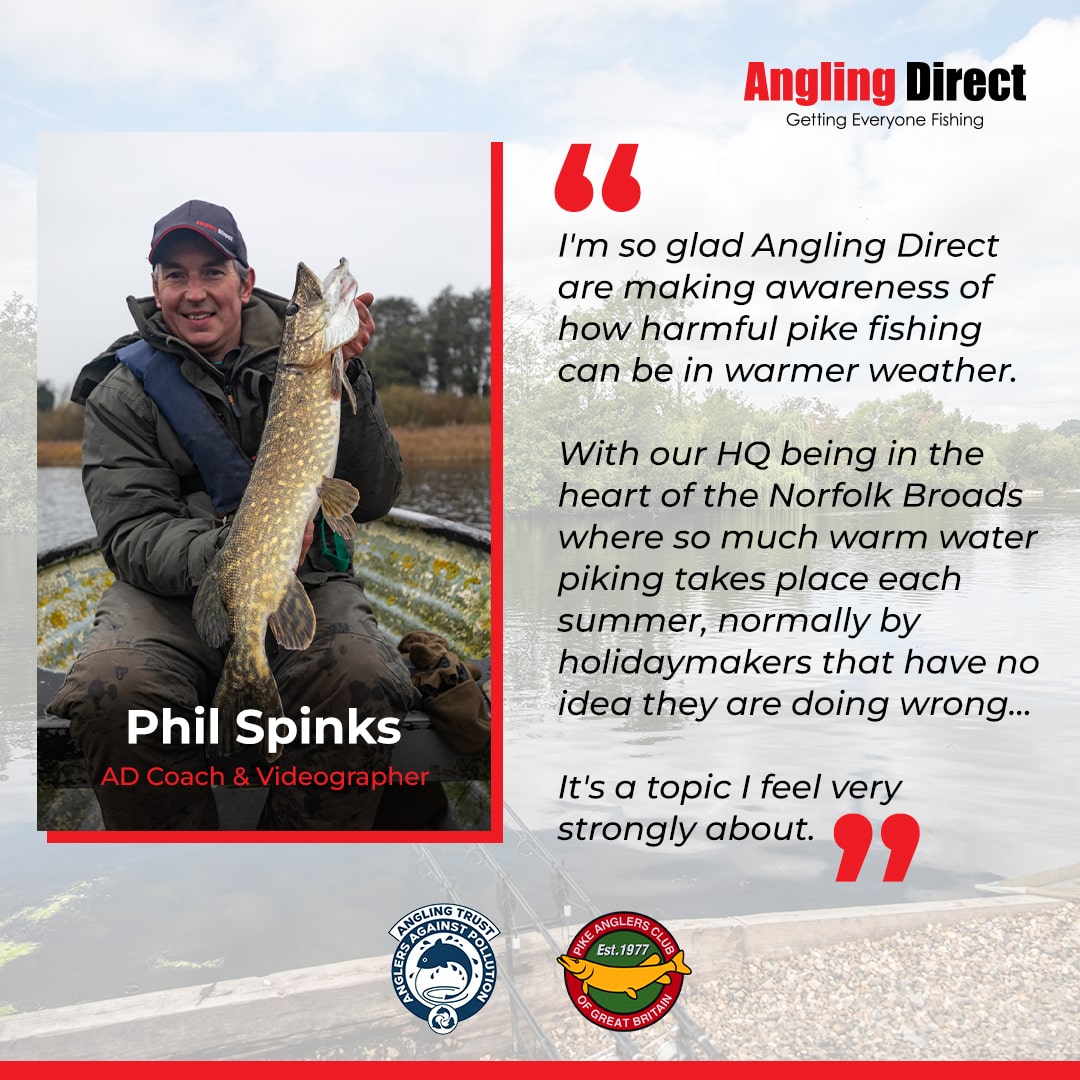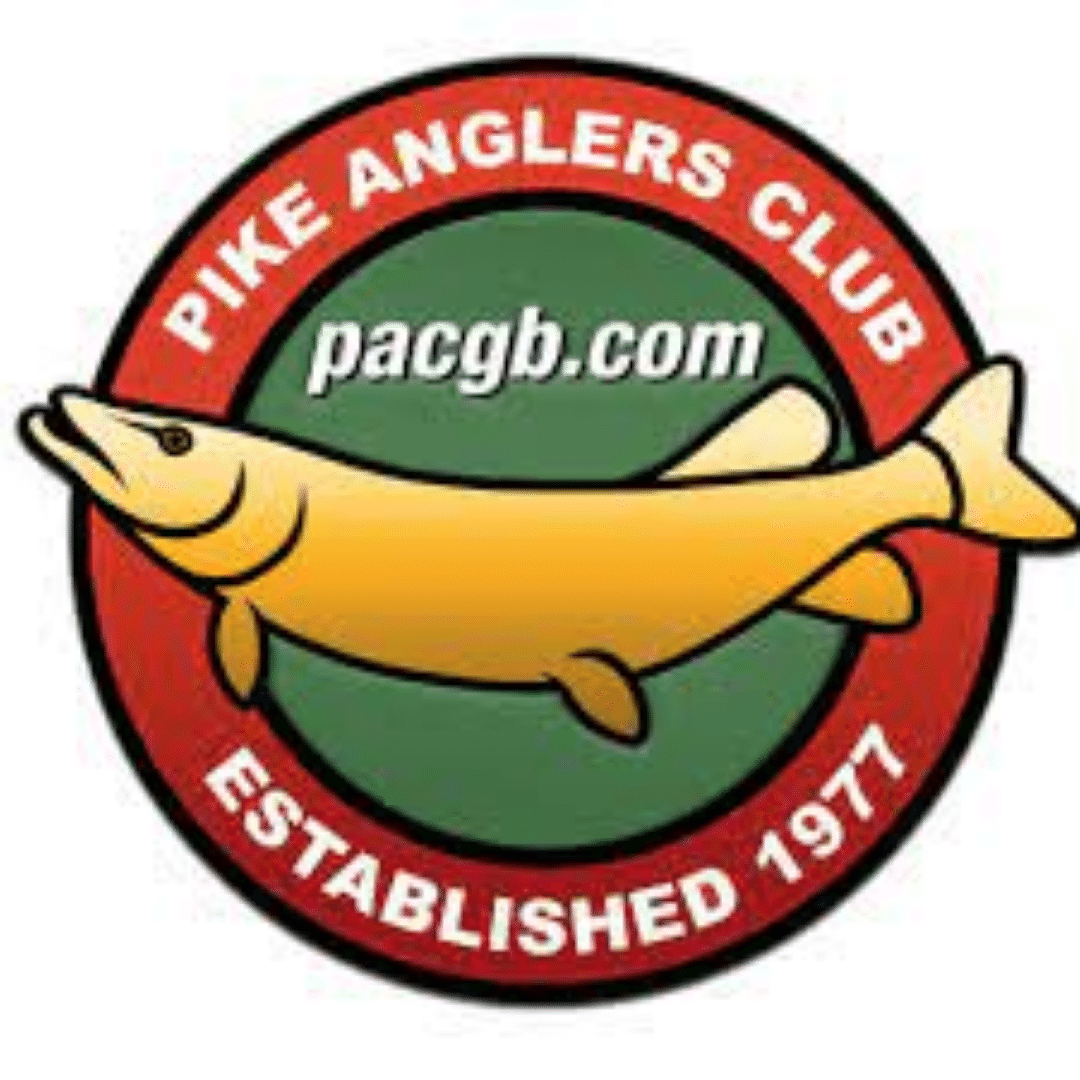Why Summer Pike Fishing Can Be Harmful
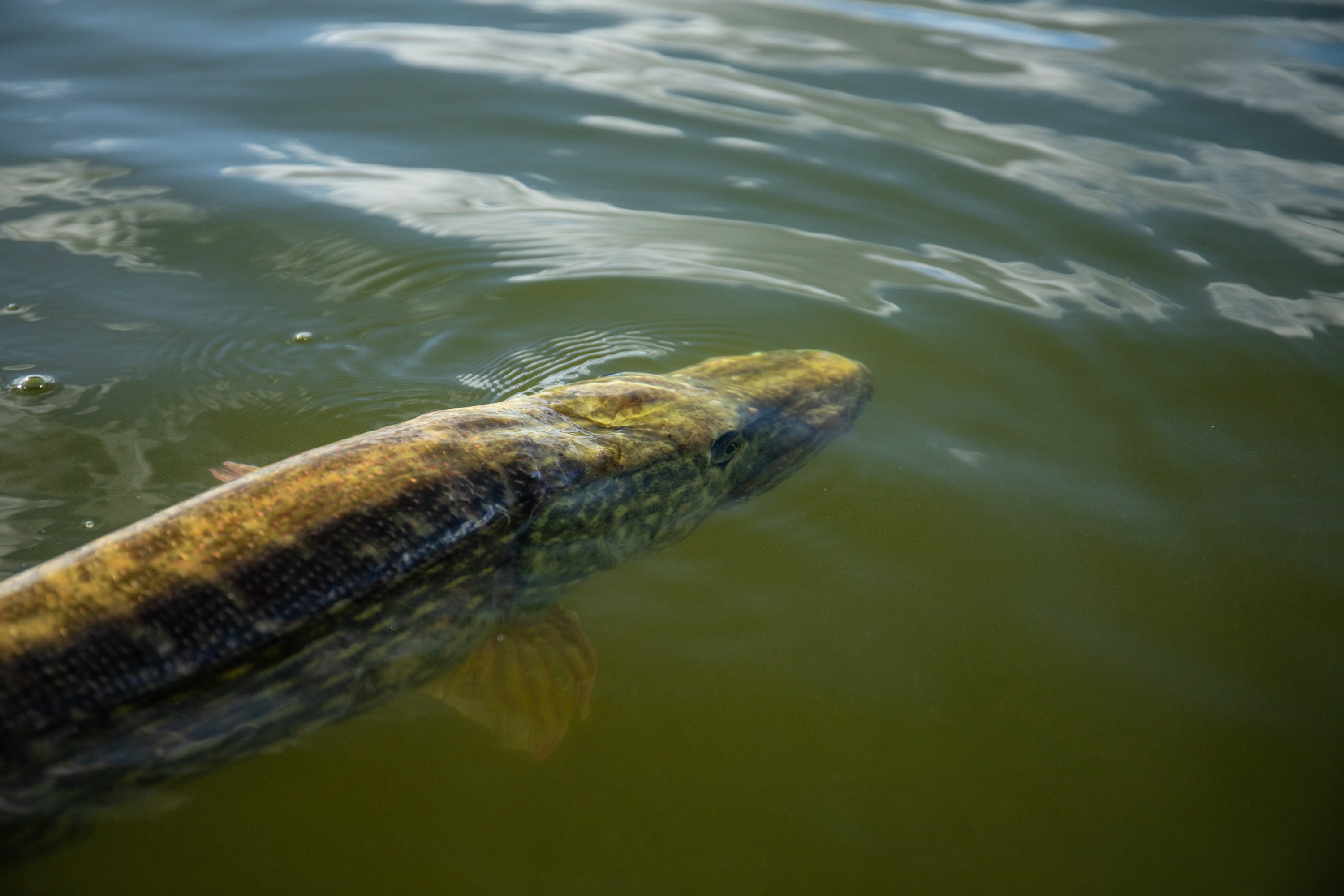
Summer is the perfect time for anglers in the UK. Joining syndicates and club waters, hoping to take advantage of the warm weather and the beautiful surroundings. However, for those hoping to target pike or try lure fishing for pike, it's essential to understand the impact of high temperatures on this iconic predator.
Pike fishing in the summer is a hotly debated topic. There is a lot of information and false information about it. Pike can survive in water with low oxygen levels. However, they have difficulty regaining oxygen after being caught and released.
Moreover, pike are delicate creatures, and extended handling can exacerbate their condition. This article investigates the connection between water temperature and pike health. It also provides useful fishing advice so that anglers can have a successful and responsible fishing experience this summer.
Understanding Pike Biology and Behaviour
As cold-water fish, pike prefer water temperatures between 4°C and 18°C. As ectothermic creatures, pike rely on the surrounding water temperature to regulate their metabolic processes. When temperatures drop, the ground is covered with frost then the pike season in the UK is in full flow. In the winter, pike are an exciting fish to catch.
Anglers should avoid summer pike fishing in the UK when the air temperature is above 21'C for 3-5 days. This usually happens during the summer. When water temperatures are too high, pike may experience stress, low oxygen, and difficulty digesting. This can damage their health.
Discover more about the Pike species
Can It Be Too Hot To Go Pike Fishing?
Air Temperatures: To ensure the well-being of pike and promote responsible fishing practices, it is recommended to avoid fishing for pike when the air temperatures reach 21 degrees Celsius or higher. Therefore, we advise anglers to refrain from pike fishing between June 16 and October 1st to minimise stress and potential harm to the fish during periods of warmer weather.
Water Temperatures: The optimal water temperatures for pike fishing season, typically range between 10 to 18 degrees Celsius. Higher water temperatures can negatively impact pike health.


High air and water temperatures can lead to decreased oxygen levels. This increases stress, reduces feeding activity, and increases a pike’s vulnerability to diseases.
Additionally, prolonged exposure to excessively high air temperatures can even result in fish mortality.
The welfare of pike and their sustainability in the wider ecosystem is increasingly being challenged. This is due to fishing in shallow waters during the warmer months of the year. Pike are of course an important part of the ecology of most healthy, balanced fisheries.
1. Reduced Oxygen Availability
As water temperature increases, there is less dissolved oxygen available when fishing for pike in rivers. In addition, warmer water holds less oxygen, making it more challenging for pike to maintain optimal oxygen levels in their bloodstream. When oxygen levels are low, pike may become lethargic and more susceptible to disease and parasites.
2. Increased Metabolic Rate
When water temperatures rise, pike fish require more energy and oxygen to maintain their bodily functions. This can lead to stress, especially if there is limited food availability, or if the pike cannot find suitable cooler water.
3. Impaired Digestive Function
Pike have a relatively slow digestion rate, which can be further hindered by warm water temperatures. In warmer water, the enzymes needed for digestion become less efficient, meaning that pike may struggle to process their food. This can result in a weakened immune system and a higher likelihood of succumbing to disease or parasites.
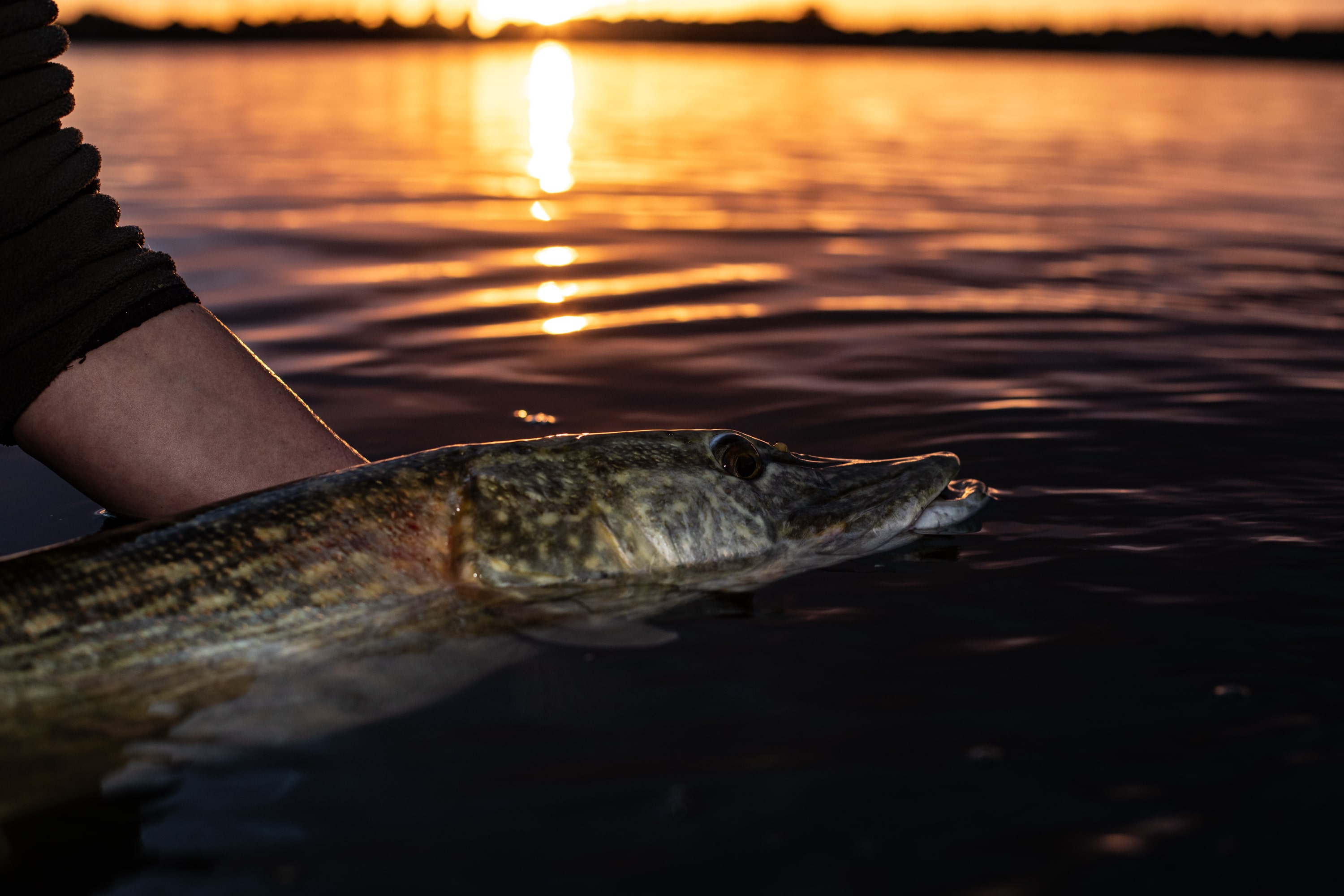

Expert Tip: Pikes have a swim bladder, an organ that allows them to expel air. This is why we often see Pikes coming up from deeper water. Zander do not have this, so this fish will gas up in the summer.
In the past, summer pike fishing on the Norfolk Broads was prohibited before October 1st. This bylaw was repealed some time ago. Nonetheless, the Pike Anglers Club shared recently published scientific research which proves pike are susceptible to heat-related stress. Despite pike swimming off strongly after being caught in the summer, there is a strong chance they will not recover.
Why Not to Fish for Pike in the Summer?
Summertime may bring ideal weather for spending time on the bank, but it is crucial for anglers to consider the well-being of the fish, such as pike when fishing for them in the warmer temperatures. With increased water temperatures, the health and vitality of fish, particularly pike, can be adversely affected.
10 reasons to avoid fishing for pike over the warmer months:
1. Elevated stress levels in pike: High water temperatures can cause pike to experience increased stress levels. Stress makes them more susceptible to diseases and parasites.
2. Lower dissolved oxygen levels: Warmer water holds less dissolved oxygen. This can negatively impact pike as they struggle to breathe and maintain their energy levels.
3. Impaired feeding and growth: Pike fishing in the summer UK can lead to reduced growth rates and overall health.
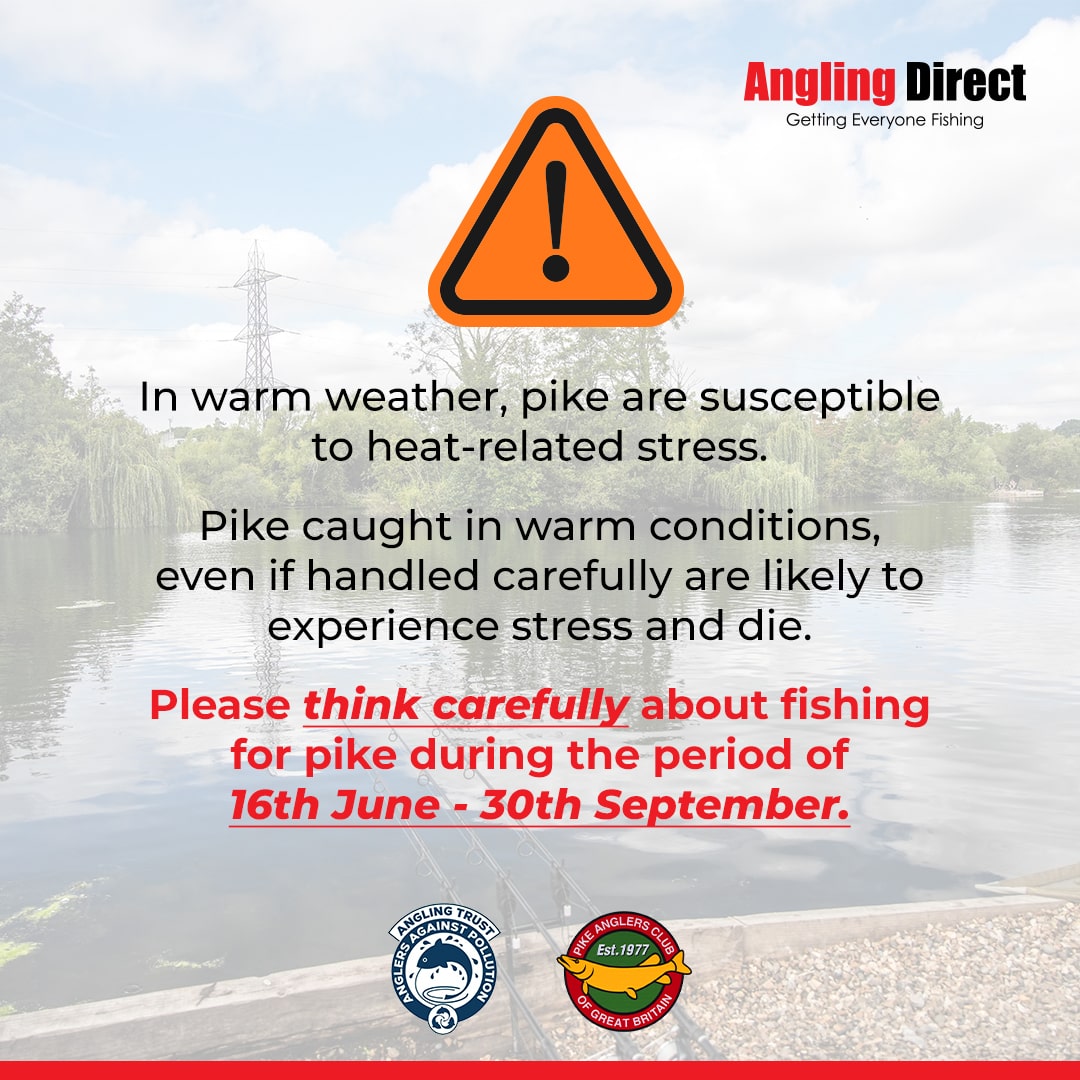

4. Increased mortality rates: Pike caught and released during summer months are more likely to not recover.
5. Longer recovery times after catch and release: Due to the low oxygen levels, pike fishing in the summer increases the risk of injury or death after release.
6. Fatigue during the fight: During the fight in a warm pike fishing river, the pike fish struggles to maintain their strength and energy.
7. Incorrect handling and release techniques: Harming pike, when unhooking and increasing the risks associated with summer fishing.
8. Potential long-term damage to pike populations: A decrease in healthy pike due to summer fishing. Pike fishing in summer affects the overall health and balance of the ecosystem.
9. Negative perception of angling: Not only does it harm pike but is a poor reflection of the angling community.
10. Ethical concerns: When the risks to pike health and well-being are heightened, we must think carefully about predator fishing in the summer.
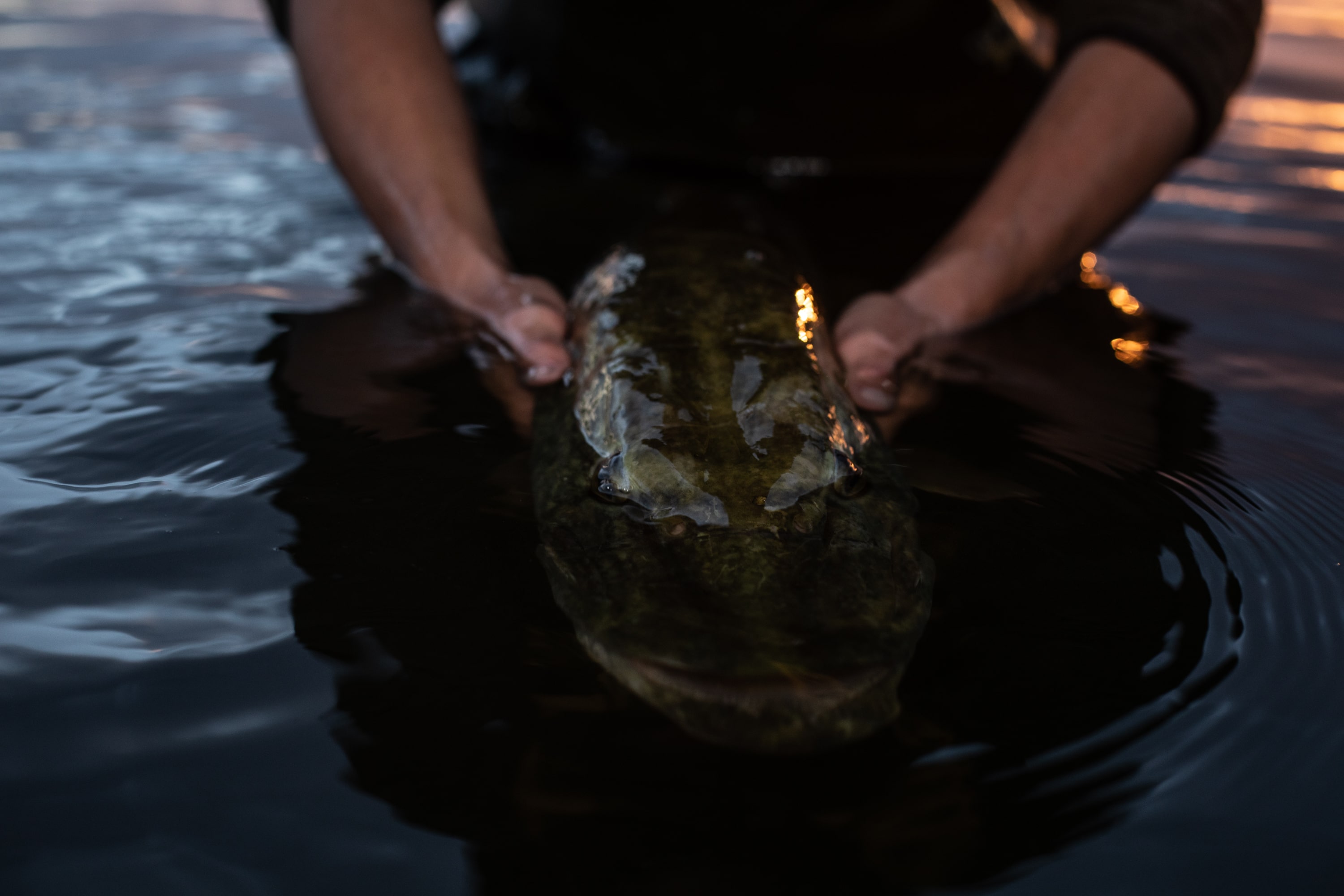

Summer Pike Fishing Tips
1. The Time of Day Does Not Matter: If the temperatures have been consistently high, the dissolved oxygen levels will be poor.
2. Avoid fishing in extremely warm water: Refrain from fishing for pike in areas where water temperatures are dangerously high.
3. Pike fishing tackle: If you do happen to hook a pike, use heavy tackle, such as strong rods and braid to land the fish quickly and reduce lactic acid buildup.
4. Barbless hooks: This allows for easier and quicker hook removal, reducing stress and potential injury to the fish during release. If needed bring cutters for stubborn holds.
5. How to handle pike: When you can, unhook the pike in the water to avoid the stress of removing them. It is recommended to bring the fish in swiftly rather than showboating. Use a knotless, rubberized landing net, and wet your hands before touching the fish.
6. Minimise air exposure: Limit time out of the water to a few seconds for fish care. Consider measuring fish rather than weighing it.
7. Monitor stress levels: Be vigilant for erratic swimming or heavy breathing, and take appropriate action to minimise further harm.
8. How to release pike: Gently hold the pike in the water, facing upstream. Allow water to flow over its gills. Release the pike only when it demonstrates strong, coordinated swimming movements.
9. Share advice: Promote ethical summer pike fishing practices within the angling community by sharing summer pike fishing tactics with others.
10. Consider targeting other species: Explore other fish species that are less affected by warm water temperatures.
As passionate anglers, it's our collective responsibility to ensure that the future of fishing remains bright and sustainable. By following these pike summer fishing tips and supporting of sustainable fishing practices, we hope to help preserve the delicate balance of aquatic ecosystems.
What Month is Best for Pike Fishing?


Early spring and winter months tend to be prime months for pike fishing, as the water temperatures are cooler. Pike are more active and aggressive in their feeding behaviour. It is worth noting that the best month for pike fishing can depend on the specific location and environmental factors.
It's a good idea to research local conditions and consult with experienced anglers for the best time of year for pike fishing in the UK.
Alternative Fishing Opportunities in Summer
By exploring alternatives to pike fishing in the summer, you can reduce the pressure on pike.
Perch fishing: Perch are less sensitive to warm water temperatures. They provide exciting and challenging fishing opportunities during the summer months.
Carp fishing: Often more active during the summer, surface carp fishing can be very rewarding.
Fly fishing for trout: Rivers and stillwaters stocked with trout can provide enjoyable fly fishing opportunities.
Tench fishing: Tench are a popular summertime species, known for their powerful fights. Tench are often found in weedy or silty areas of lakes and ponds.
Rudd fishing: Known for their vibrant colours and lively behaviour, rudd provide an exhilarating angling experience in the summer. You can fish for rudd in clear, still waters.
Chub fishing: As opportunistic feeders, chub fish can be targeted using various methods. Try lure fishing in rivers during the summer months.
Bream fishing: More active during the warmer months, bream can be caught using various methods; feeder, float, or pole fishing.
Sea fishing: The summer months provide a great opportunity to explore sea fishing along the UK coast, targeting species such as mackerel and various flatfish.
As responsible anglers, it is our duty to preserve and protect our fisheries and the species that dwell within them. By avoiding fishing for pike during the summer months, we help to conserve the species for future generations of predator anglers.
We continue to educate the angling communities on the topic of warm water pike fishing, through all our fishing tackle stores. We aim to help customers make more informed decisions on warm water pike fishing.
Our Angling Direct fishing tackle stores have over 80 trained and qualified angling coaches. The AD fishing coaches continue to highlight this issue to the angling community.
